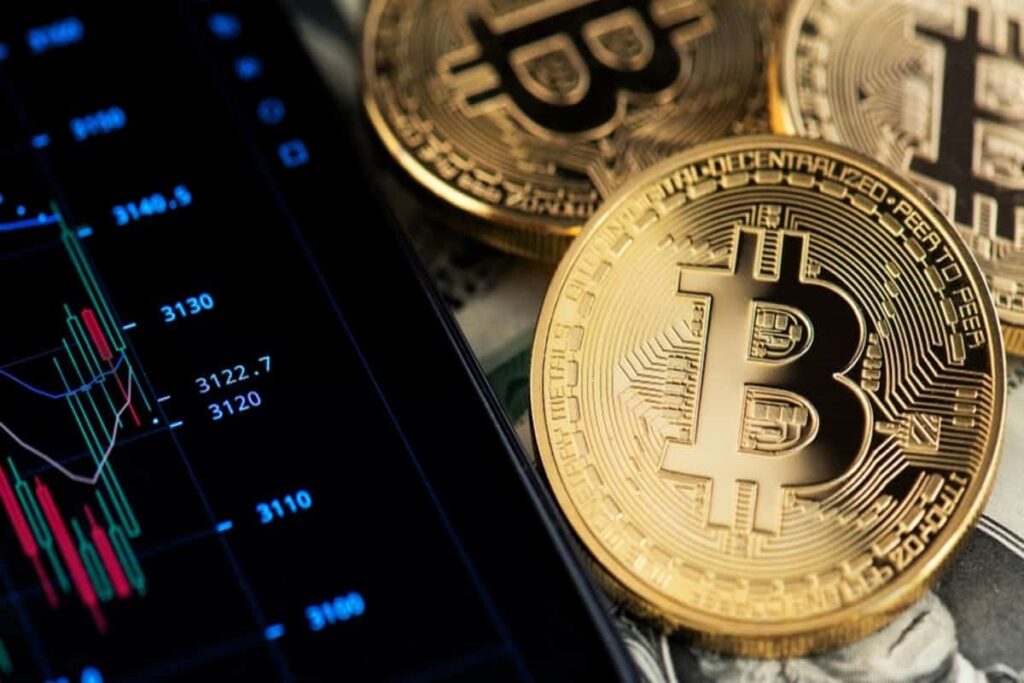As the FTX crisis unfolded over the last week, the world’s largest cryptocurrency Bitcoin (BTC) has been facing severe selling pressure. As of press time, BTC is trading 1.68% down at a price of $16,571 and a market cap of $318 billion.
So far Bitcoin long-term holders have shown great conviction in holding their coins. However, they are undergoing a period of acute financial stress. Pointing out the MVRV ration of the long-term holders, on-chain data provider Glassnode explained:
Bitcoin Long-Term Holders are currently experiencing acute financial stress, holding an average of -33% in unrealized losses. This is comparable to the lows of the 2018 bear market, which saw a peak unrealized loss of -36% on average.

As we can see in the above chart, the last time the long-term holders came under similar stress, it was the point of reversal for the Bitcoin price. This might suggest that the bottom for Bitcoin could be nearly in.
However, Bitcoin critic Peter Shiff believes that the lion’s share of selling hasn’t started yet. He shared his older prediction from June 2022 wherein he said:
The need to sell #Bitcoin to pay the bills will only get worse as the #recession deepens and many #HODLers lose their jobs, especially those working for soon to be bankrupt #blockchain companies. If circumstances change, long-term buyers without paychecks will be forced to sell.
Bitcoin Investors Going for Self-Custody
The FTX collapse has forced BTC investors to move their coins away from the exchange and opt for self-custody. Post the FTX episode, the withdrawal of coins from exchanges has happened at a truly historic rate. In its latest report, Glassnode writes:
Exchanges have seen one of the largest net declines in aggregate BTC balance in history, falling by 72.9k BTC in 7-days. This compares with only three periods in the past; Apr-2020, Nov-2020, and June to July 2022.

The presented content may include the personal opinion of the author and is subject to market condition. Do your market research before investing in cryptocurrencies. The author or the publication does not hold any responsibility for your personal financial loss.

